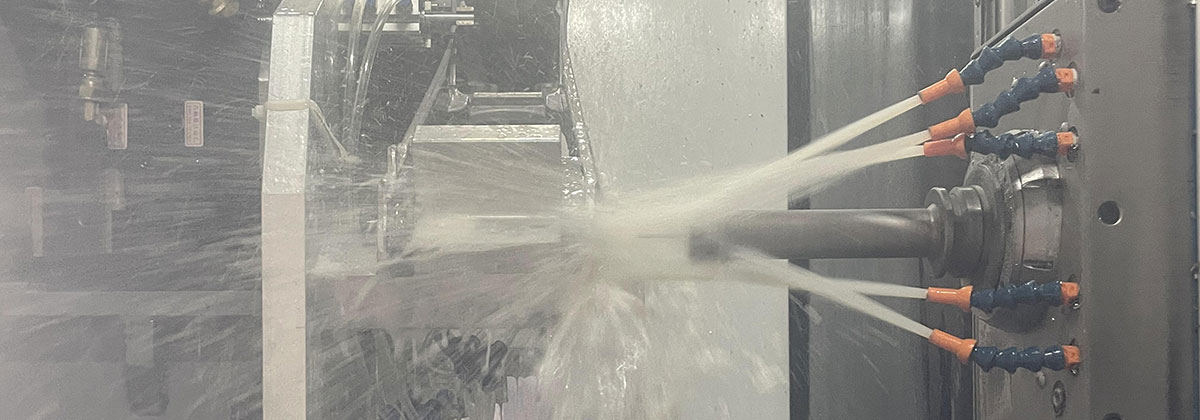Introduction
In the world of manufacturing, finding efficient and versatile techniques is crucial to meet the demands of today’s fast-paced industries. One such technique that has gained significant popularity is magnesium die casting. With its unique properties and numerous applications, magnesium die casting has become a go-to method for producing high-quality and complex components.
Properties of Magnesium
Magnesium is a lightweight metal with a density of 1.74 g/cm³, making it the lightest structural metal. This property makes magnesium an excellent choice for industries where weight reduction is a priority, such as automotive and aerospace. Additionally, magnesium has excellent thermal conductivity and can dissipate heat quickly, making it suitable for heat sinks and electronic components.
Furthermore, magnesium exhibits good strength-to-weight ratio, making it comparable to aluminum. It has a high strength-to-weight ratio, which makes it ideal for applications where weight reduction is critical. Magnesium also has high dimensional stability, allowing for precise casting and tight tolerances.
The Die Casting Process
The die casting process involves injecting molten metal into a mold cavity under high pressure. The mold, also known as a die, is typically made from steel and consists of two halves – the cover die and the ejector die. The molten metal is forced into the mold cavity, where it solidifies and takes the shape of the mold.
Advantages of Magnesium Die Casting
1. Lightweight: As mentioned earlier, magnesium is the lightest structural metal. This property makes it an ideal choice for applications that require weight reduction, such as automotive and aerospace industries. By using magnesium die casting, manufacturers can produce lightweight components without compromising on strength and durability.
2. High Strength-to-Weight Ratio: Despite its lightweight nature, magnesium exhibits exceptional strength. It has a high strength-to-weight ratio, making it suitable for applications that require both strength and weight reduction. This advantage is particularly beneficial in industries where every gram counts, such as the automotive industry.
3. Excellent Thermal Conductivity: Magnesium has excellent thermal conductivity, allowing it to dissipate heat quickly. This property makes it an ideal choice for heat sinks and electronic components, where efficient heat management is crucial. By using magnesium die casting, manufacturers can produce components that effectively dissipate heat, ensuring optimal performance.
4. Dimensional Stability: Magnesium has high dimensional stability, allowing for precise casting and tight tolerances. This property ensures that the components produced through magnesium die casting meet the required specifications and fit seamlessly into the final product. This advantage is particularly important in industries like aerospace, where precision is paramount.
Applications of Magnesium Die Casting
The versatility of magnesium die casting enables its application in various industries, including:
1. Automotive: Magnesium die casting is extensively used in the automotive industry to produce lightweight components that contribute to fuel efficiency. Components such as engine blocks, transmission cases, and structural parts can be efficiently manufactured using magnesium die casting.
2. Aerospace: The aerospace industry benefits from the lightweight and high-strength properties of magnesium. Components like aircraft engine parts, brackets, and housings can be produced using magnesium die casting, contributing to overall weight reduction and improved fuel efficiency.

3. Electronics: Magnesium’s excellent thermal conductivity makes it an ideal choice for electronic components that require efficient heat dissipation. Heat sinks, brackets, and housings for electronic devices can be manufactured using magnesium die casting.
4. Medical: Magnesium’s biocompatibility and lightweight nature make it suitable for medical applications. Components like surgical instruments, implants, and braces can be produced using magnesium die casting.
Conclusion
Magnesium die casting is a versatile and efficient manufacturing technique that offers numerous advantages in various industries. Its lightweight nature, high strength-to-weight ratio, excellent thermal conductivity, and dimensional stability make it an ideal choice for producing high-quality and complex components. As technology advances and the demand for lightweight and high-performance products increases, magnesium die casting will continue to play a vital role in the manufacturing sector.
-

- 2022 Wholesale Hot Sale Bicycle Parts Magnesium Alloy Children Bike No Pedal Balance Bicycle Kids Multiple Colors Available
-

- Magensium mountain bike frame
-

- Customized die-casting parts&components
-

- Basikal Sukan Kanak-Kanak Berkualiti Tinggi Basikal Imbangan Kanak-kanak Basikal Kanak-Kanak
-

- Bingkai paparan LED tuangan aloi magnesium
-

- Custom-made thixomolding parts UAV components with CNC machining &surface treatment

 0086-750-5616188
0086-750-5616188 +86 13392089688
+86 13392089688 sales@zhongmei-tech.com
sales@zhongmei-tech.com







